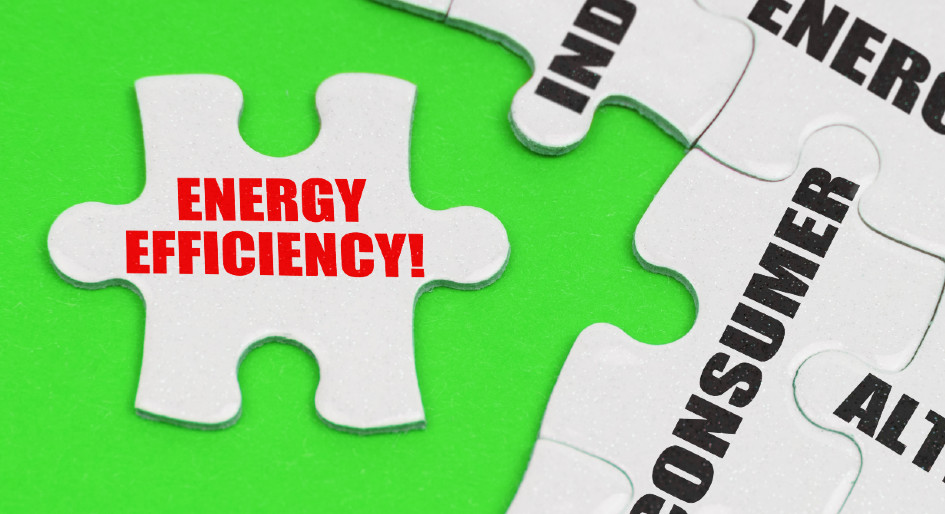Conservation and demand management could deliver worldwide annual energy-use avoidance of 95 exajoules (EJ), equivalent to nearly 278 million megawatt-hours, concludes a report released last week at the 7th Annual Global Conference on Energy Efficiency in Sønderborg, Denmark. Canada is among dozens of national delegations in attendance to endorse urgent action on energy efficiency — recognizing it as one the most straightforward paths to easing reliance on fossil fuels and curbing greenhouse gas (GHG) emissions.
“The cleanest energy is the energy we don’t use,” declares a joint statement from 24 individual countries, the African Union and the European Union. “The current scale of energy efficiency action is not sufficient and there is a need to accelerate implementation on a global level.”
The report, from the International Energy Agency (IEA), theorizes that much of the forecast savings could be achieved with existing and readily available technologies, through fuel-switching, replacement of inefficient equipment and building materials, deployment of smart systems and behaviour change. Reaching an annual energy-use avoidance target of 95 EJ by 2030 would require a corresponding 4 per cent annual improvement in energy-use intensity — up from the current 2 per cent rate.
“With each unit of energy delivering more than it does today, final energy demand can be around 5 per cent lower by 2030, but serving an economy 40 per cent larger,” the report submits. “Slower action would lock in higher energy consumption for years to come.”
Buildings and transportation are tapped as two key sources of energy savings. Aligned with the IEA’s scenario for achieving net-zero emissions by 2050, the report identifies the potential capacity for a 20 per cent reduction in 2020 levels of building energy consumption by 2030 with fuel-switching playing a major role. That would be achieved on two fronts: electric heat pumps to replace gas-fired boilers; and more sustainable options in place of wood-fired or charcoal-based cooking.
“In 2020, energy consumption in buildings totalled around 129 EJ, and contributed around 28 per cent of all global energy related emissions. Early action on energy efficiency including electrification and other fuel-switching helps avoid around 37 EJ by 2030. This results in around 1.2 gigatonnes (Gt) of emissions reductions from the direct combustion of fossil fuels in buildings and also helps lower overall electricity sector emissions,” the IEA report projects.
The report also highlights the spinoff benefits of reducing reliance on Russian sources of oil and gas. The targeted 95 EJ in energy-use avoidance equates to about 30 million barrels of oil per day, or roughly triple Russian’s 2021 production. It’s equivalent to 650 billion cubic metres of natural gas annually, which is about four times the volume the EU imported from Russia last year.







